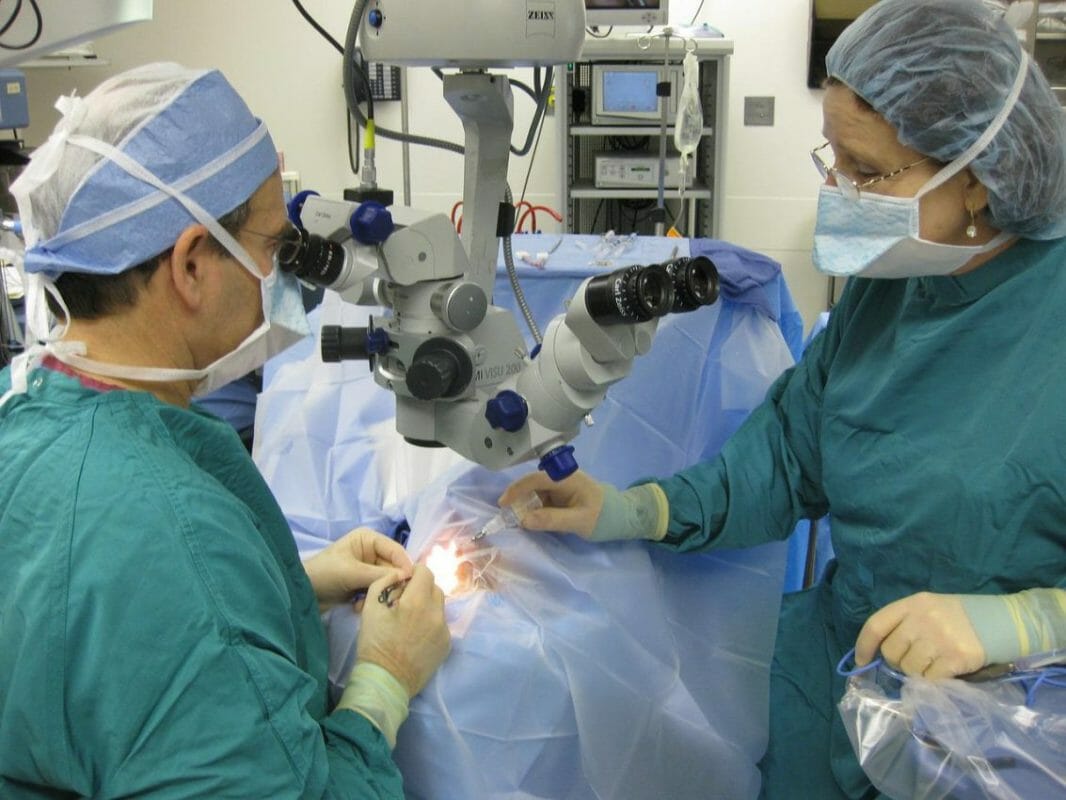Working in health care can be as rewarding as it is exhausting. From long shifts to challenging situations, it’s essential for healthcare workers to make their mental and physical health a priority.
Whether you are a medical student, spending your days on campus, doing a nursing degree online, or have already entered the medical field, it’s never too late or too early to create healthy habits. This article will explore common ailments amongst healthcare workers and how to keep the body and mind fit and strong before burnout, exhaustion, or illness hits.
Combating common physical problems for healthcare workers:
Orthopedic Health
Healthcare workers spend most of the day on their feet. Long hours running from place to place on hard flooring can take their toll over time. Therefore, it’s important to wear the right shoes when working in the health sector. There are plenty of sporty sneakers to choose from that can provide the support and cushion needed to protect feet, legs and back from fatigue. Nike trainers are one great option for the healthcare sector. You can follow VaporMax trainer release news to stay updated on the latest models, which come with Nike’s revolutionary cushioning system for a bouncy and comfortable feel. They have been designed to provide maximum cushioning, allowing wearers to take on long shifts in comfort.
Ill-fitting shoes can lead to many orthopedic problems, including:
- Blisters
- Bunions
- Heel pain
- Heel spurs
- Plantar Fasciitis
- Ingrown toenails
Taking good care of your feet will prevent you from acquiring orthopedic disorders, and it can be a relaxing routine to add to your day. Here’s how:
- Wear compression socks
- Choose non-slip shoes with arch support and cushioning
- Wear breathable material
- Keep toenails trimmed
- Stretch and massage your feet
- Indulge in foot soaks
- Maintain a healthy body weight
You can visit pedorthic.ca for custom-made orthopaedic footwear for better comfort.
Overexertion & Bodily Reaction
According to the U.S. Bureau of Labor Statistics, RNs are more likely to over-exert themselves and experience a bodily reaction than in other occupations. So, what are common injuries from overexertion?
- Sprains
- Strains
- Back injuries
- Disorders of the muscles, nerves, and tendons
Bodily reaction results from lifting, twisting, and excessive physical effort. It is first important to receive the proper training when dealing with manual labor in healthcare to prevent overexertion and bodily injury.
Creating healthy habits will decrease the risk of bodily injury on the job. Add these activities to your daily routine to reduce the risk of harm:
- Stretch regularly
- Exercise
- Take time off at the first sign of fatigue
- Rely on training methods and practices
- Maintain a healthy weight
- Rest
Exhaustion and Burnout
Those working in the medical sector face perplexing challenges and evolving procedures, all while maintaining professionalism and a good bedside manner.
It is no wonder that healthcare heroes face emotional fatigue. The Centre for Addiction and Mental Health (CAMH) reports the following as signs and symptoms of compassion fatigue amongst healthcare workers:
- Feeling overwhelmed, hopeless, helpless, or powerless
- Feelings of anger, irritability, sadness, and anxiety
- Physical symptoms such as nausea, dizziness, headaches
- Reduced empathy
- Limited tolerance for stress
- Self-isolation and withdrawal
- Relationship conflict
- Feeling less efficient or productive at work
- Feeling hypersensitive or insensitive to stories they hear
- Difficulty sleeping and nightmares
- Difficulty concentrating, focusing, or making decisions
- Self-medicating and increase in substance use.
The good news is there are many ways to help increase the quality of life amongst healthcare workers. Creating a mental-health conducive lifestyle can prevent severe mental health issues long term.
Mindfulness
Mindfulness exercises can help those who are experiencing exhaustion and compassion fatigue. Daily mindfulness practice helps to increase the mind-body connection. Becoming self-attuned will help individuals notice a decline in well-being before it reaches severity.
Simple mindful meditations range in length and style. Youtube is full of free meditation videos. Search the term ‘Mindfulness meditation’ followed by the desired length of time you wish to meditate. Or use an app like Calm or Headspace, which offers free trials before subscription purchases. Make it a goal to meditate daily and journal any changes you notice after establishing a mindfulness practice.
Take Away
Healthcare workers are under greater mental and physical demand than in other careers. Therefore, maintaining a healthy lifestyle will increase the quality of life and longevity of employment for those working in the healthcare sector. For every challenge healthcare workers face, there are preventative measures they can take to keep themselves balanced and happy in a rewarding line of work.
